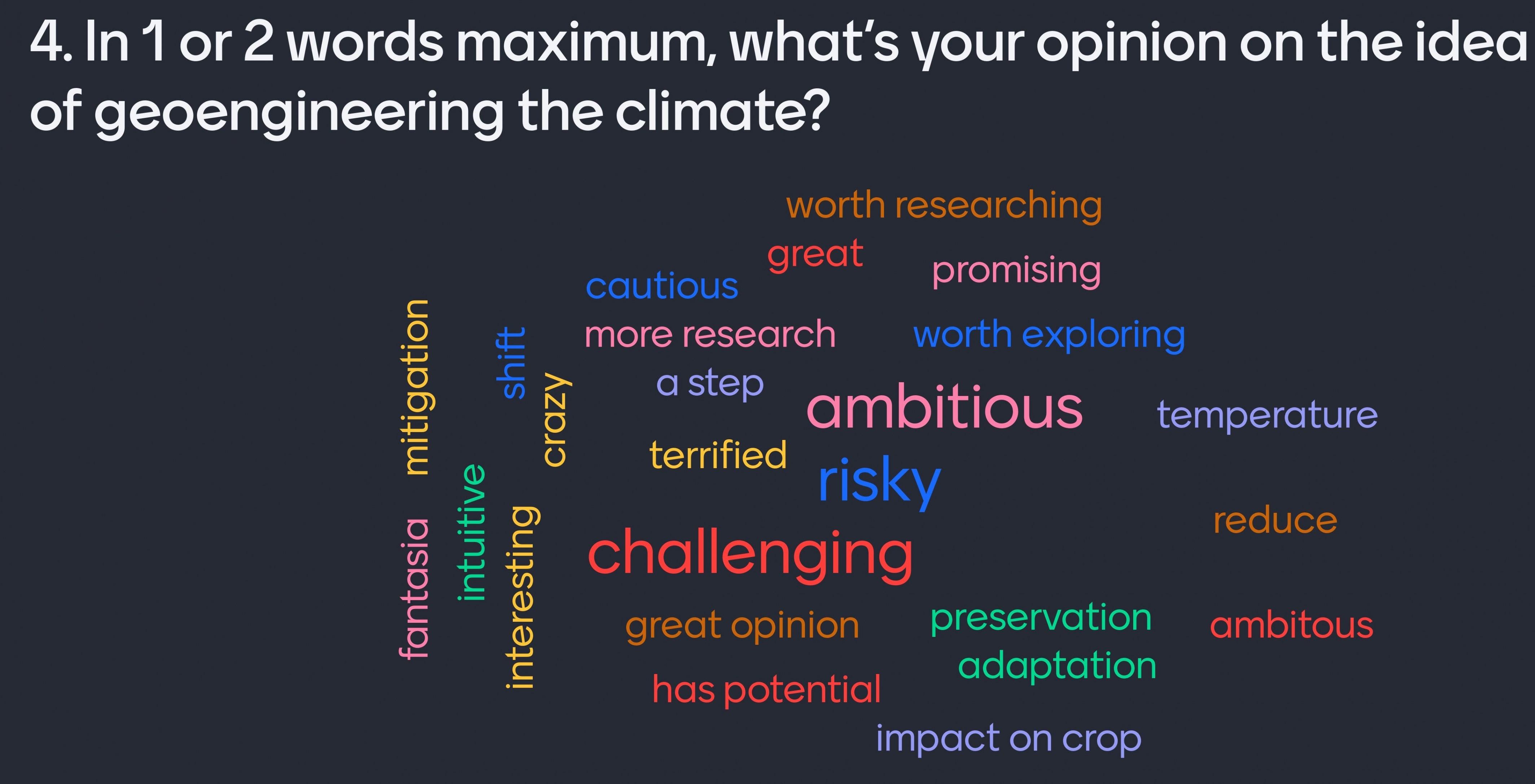ACDI’s Romaric Odoulami hosts research symposium on Solar Radiation Management

Dr Romaric Odoulami, a researcher at the African Climate and Development Initiative, recently hosted the DAAD ClimapAfrica Research Symposium on Solar Radiation Management highlighting solar climate engineering research in Africa.
The virtual research symposium, hosted by Dr Romaric Odoulami and the DAAD ClimapAfrica Climate Change and Meteorology working group, took place on the 18th of November 2021 and aimed to introduce African climate researchers to solar radiation management (SRM) and its associated research from across Africa.
“This symposium presented a unique opportunity for African climate researchers to engage on solar geoengineering and related ongoing research initiatives over the continent.” – says Romaric Odoulami, symposium host.
Multidisciplinary meeting
The symposium provided an essential overview to SRM and the possible socio-political impacts to Africa. Moderated by Dr Chris Lennard, the symposium focused on presenting ongoing SRM research in Africa by researchers across the continent with a special guest presentation from Prof. Mark New, director of the African Climate and Development Initiative.
Click here for more details about the speakers
The meeting brought together a group of more than 40 experts from across the continent each of whom brought research, expertise and insights from wide disciplines. Delegates were encouraged to engage with and discuss the presented research in dedicated Q&A sessions allowing further discussion on the potential of SRM and the challenges facing its application.

Reflections on geoengineering the climate from various delegates attending the SRM symposium in November
Benefits and challenges
Solar radiation management (SRM) is based on the theoretical proposal that some of the risks of climate change can be reduced by reflecting away some sunlight (i.e., through spraying reflective particles into the upper atmosphere). While SRM is not proposed as an alternative to cutting emissions, SRM does present the opportunity to slow down the rise in global temperatures which could reduce the impact of climate change while the world reduces carbon emissions.
The technique however, is controversial with many studies focusing solely on computer simulations suggesting the risks of the technique in the real world are uncertain. It is therefore, important to explore the potential benefits and associated challenges of solar climate geoengineering and the possible socio-political implications, in particular those around governance and accountability. Research symposium such as those hosted by Romaric are essential for exploring the real world applications of these techniques and the future of climate change mitigating in the future.
Click here to read more about Solar Radiation Management (SRM)
Romaric Odoulami completed a PhD in Meteorology and Climate Science in 2016 and has a strong background in Agricultural Sciences. Romaric aims to enhance human development outcomes in the context of climate change. His research interest is around assessing changes in regional climate risks arising from human influence on the climate in Africa and improving knowledge on the possible impact of solar geoengineering on the future climate in Africa. He focuses on quantifying changes in the risk of weather and climate extremes in Africa using the attribution science concept and climate modelling. His current research involves assessing the influence of human-induced warming on climate/weather parameters used in insurance risk modelling with a primarily focus on agricultural insurance in Africa.